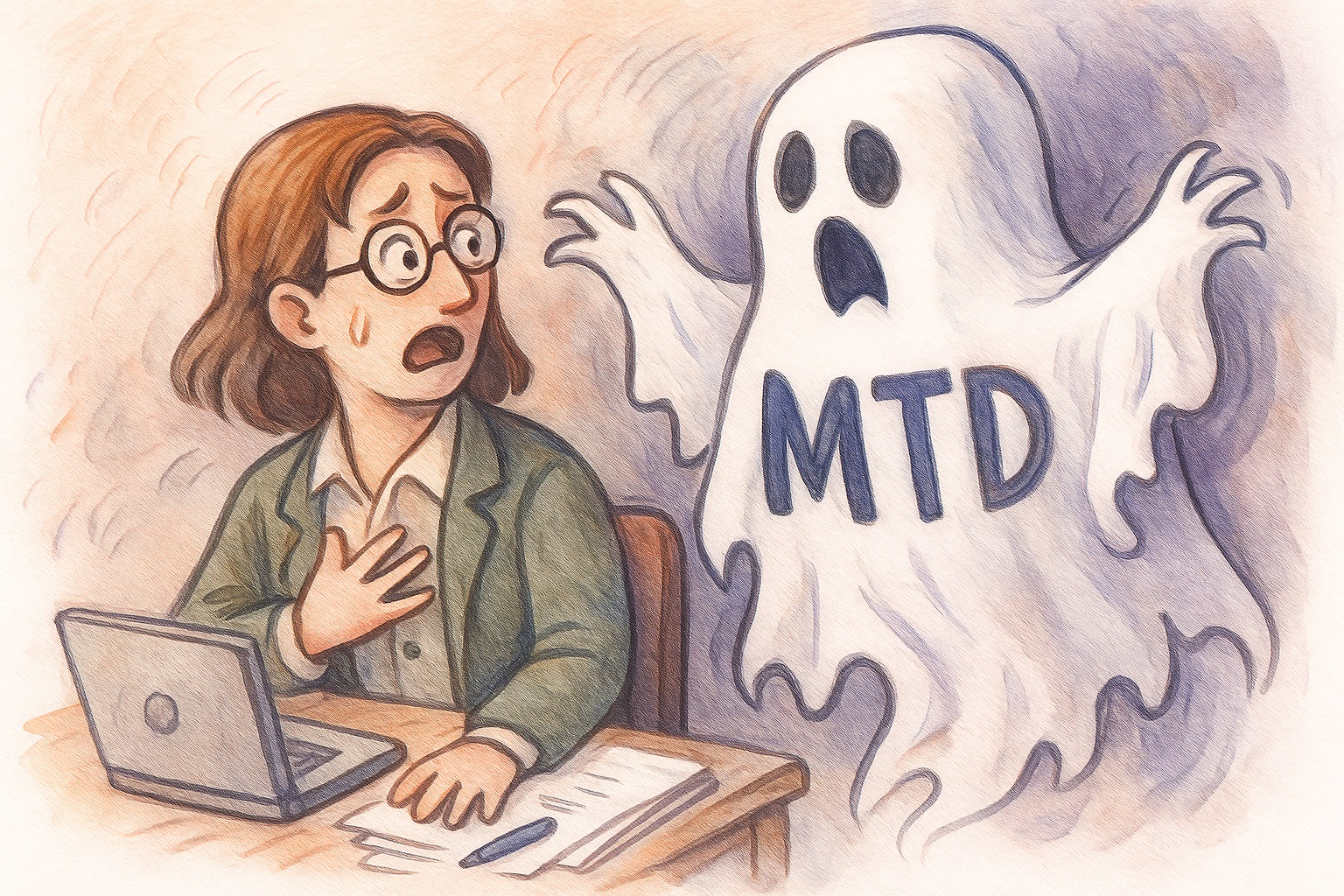New Year, What’s Next?!
Navigating Bookkeeping, Accounting & Audit in 2025
2025 is finally here! It’s time to face the rapidly evolving landscape shaped by technological advancements, regulatory changes, and shifting client expectations. To thrive in this dynamic environment, bookkeeping, accounting, and audit firms will face some key challenges, consider strategic options, and prioritise initiatives that drive growth and resilience. What better time than now for a little more advanced planning and decision-making to get the year off to a strong start.
So, what will you be prioritising? Here’s a list of possible suspects.

Embracing Technology
Investing in Automation & Artificial Intelligence?
The integration of bots and AI is transforming the accounting profession, streamlining routine tasks, and enabling professionals to focus on higher-value activities and services. Firms that adopt these solutions can enhance efficiency and deliver more insightful services to their clients.
Optimising Existing Solutions?
Whether you’ve embraced the cloud or not, or whether you feel you have all the right apps you need, don’t make change for change sake. Don’t go getting app-fatigue with more platforms than sensible to manage your clients financial data. Sticking with what you’ve got can be liberating, saving time and cost, and helping to keep your sanity when everyone else around you is losing theirs. Using what you already have might be your best option, and extracting maximum value from your existing resources will feel better than that second portion of Christmas pudding.
Strengthen Cybersecurity Measures
With the increasing digitisation of financial data, firms are more vulnerable to cyber threats. Maybe surprisingly, but it was reported that nearly 50% of small businesses in the UK experienced a cyberattack of some kind in 2024 – which is astonishing. Enhancing cybersecurity protocols, including two-factor authentication and robust encryption, is the minimum essential to protect sensitive information and maintain client trust.
Address Regulatory Changes & Compliance
Environmental, Social, and Governance (ESG) Reporting?
The UK is moving towards mandatory climate-related financial disclosures by 2025, requiring firms to report on ESG activities. This shift may, for some, demand significant administrative changes and investment to comply with the new standards. Large firms should already be preparing by developing comprehensive ESG reporting capabilities to meet regulatory requirements and client expectations. Smaller firms may, by being part of a larger business supply chain, need to demonstrate compliance too. And if nothing else, there’s a real upsell opportunity to provide ESG reporting services, as the valued trusted advisor.
Audit Quality and Oversight?
The Financial Reporting Council (FRC) has emphasised the need for improvements in audit quality among UK firms. This means investment in training and quality control measures to meet heightened regulatory standards and avoid potential sanctions.
Invest in Talent Development & Retention
The accounting sector is experiencing a talent shortage, with a high demand for professionals skilled in data analytics, business intelligence tools, and automation. Firms would do well to prepare and prioritise their talent acquisition and invest in upskilling existing staff to adapt to technological advancements and evolving client needs.
Expand Advisory Services
Clients are increasingly seeking strategic advice beyond traditional compliance services. Firms that expand their advisory offerings can differentiate themselves in the market and drive revenue growth, but this shift requires developing deeper expertise in areas such as financial planning, risk management, business strategy and client management.
Capitalise on Industry Consolidation Trends
The accounting industry is witnessing increased consolidation, with private equity firms investing in regional practices to form larger groups. Firms should stay abreast of market dynamics and consider strategic partnerships or mergers to enhance their competitive position.
Conclusion
As 2025 unfolds, UK bookkeeping, accounting, and audit firms must proactively adapt to technological innovations, regulatory developments, and market trends. By embracing technology, strengthening cybersecurity, ensuring compliance, investing in talent, expanding services, and monitoring industry consolidation, firms can position themselves for sustained success in a rapidly changing environment.




Leave A Comment